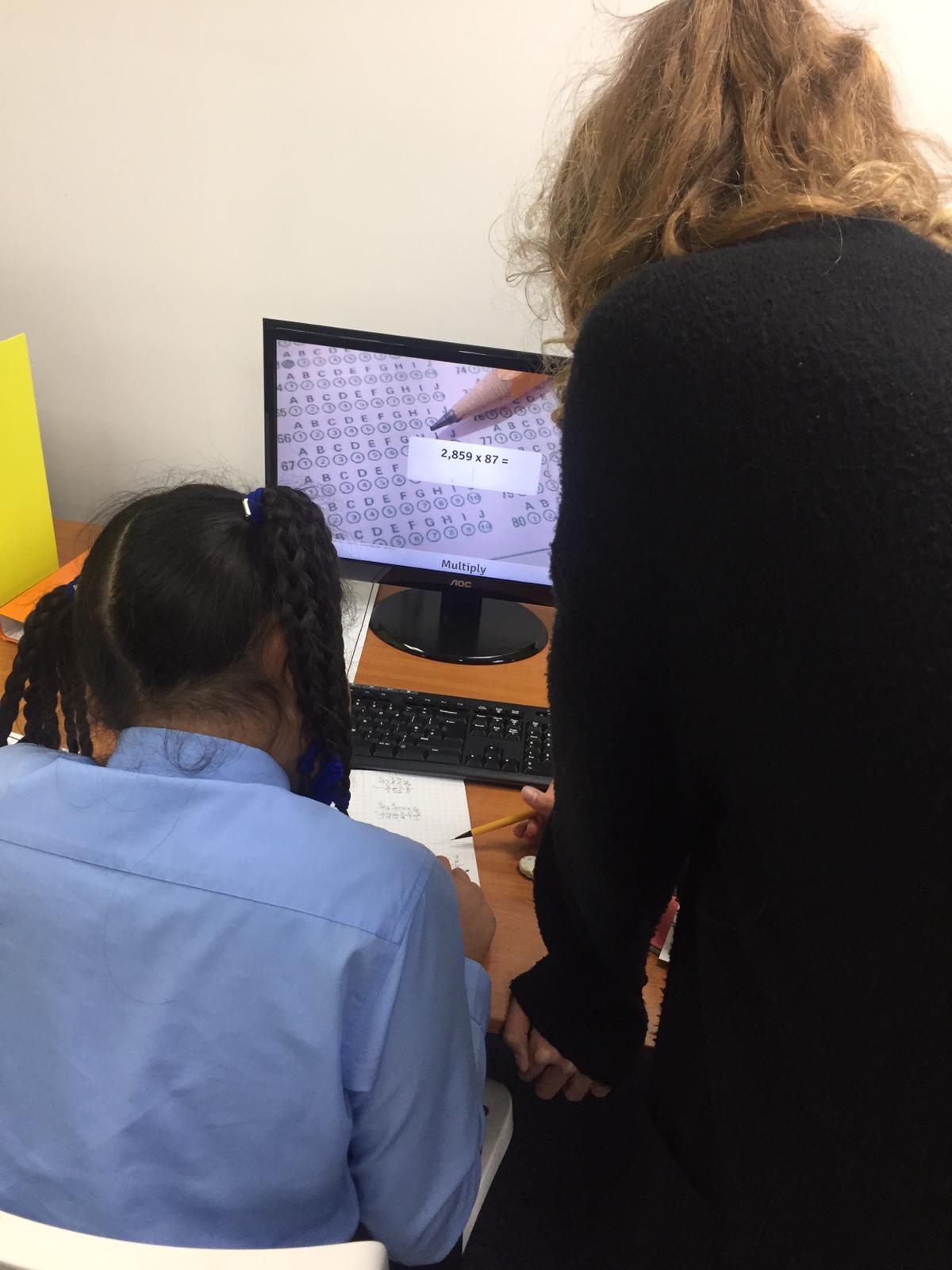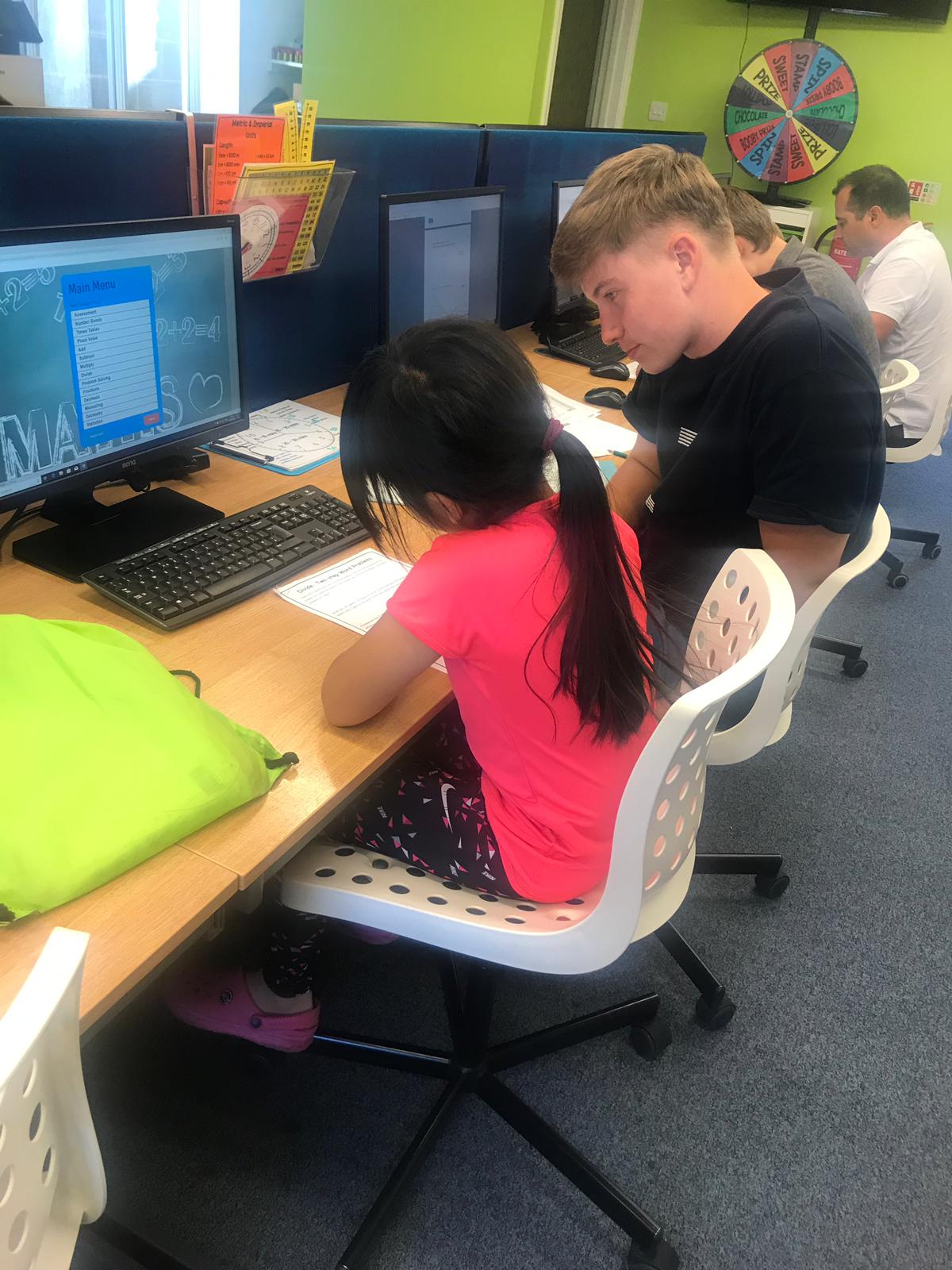Using 6 Disciplinary Elements for your child’s education

As a parent, it is important to use positive discipline to ensure your child thrives in their education and in life.
Using 6 Disciplinary Elements for your child’s education will provide a structure and compliment their learning.
Following 6 simple steps will make sure that your child works effectively and productively:
1. Be attentive
Observe the way your child learns and assist with their learning.
2. Respect
Respect is mutual and it goes a long way. listen to their needs and help them whenever possible.
3. Be firm, yet reasonable
Establishing the right amount of discipline is important. It’s all about the balance between not being overly strict and not being too lenient.
4. Communication
Effective communication is key for a good relationship with your child. Try asking what subjects they are enjoying, how their day was or if they need help with anything.
5. Positive Reinforcement
Reward your child when it is necessary. This will encourage them to keep up the good behaviour!
6. Setting goals
Goal setting is a good way to focus on what needs to be achieved. Perhaps offer an incentive when the goal is achieved.
Implementing these strategies will complement your child’s work ethic, whilst providing a structure to their life.
3 ways for your child to practice mindfulness

Mindfulness and positivity goes a long way. Which is why it’s important as a parent to encourage children to practice mindfulness alongside education.
It is beneficial for a number of reasons, including keeping calm, remaining positive and organising thoughts. Implementing this technique with children will be beneficial for their education and learning.
Here are 3 ways for your child to practice mindfulness:
Positive mindset
- Help your child to have a can-do attitude in their daily life.
- Encouraging positive thinking and developing the right thoughts.
- Reducing stress by controlling thoughts and feelings.
- Talking to them about any issues that are bothering them.
Meditation
- Controlling your child’s way of thinking.
- Taking time out of your child’s busy routine to reflect upon their day.
- Engaging the self with deep breathing.
- Teaching them to analyse what went well and what could have gone better.
Extra-curricular
- Finding something that your child loves to do in their spare time.
- Having a break from education and school work.
- Reducing stress through hobbies, such as physical activity or arts and crafts.
- Not only improves upon skills, but takes away pressure from academia.
Mindfulness is a useful technique which has a number of benefits. It is a way of controlling and regulating thoughts, boosting positivity and self-reflection.
Encouraging children to practice mindfulness will benefit their education, so why not try implementing our 3 ways for your child to practice mindfulness.
It is a way of relieving stress and remaining positive during those stressful exams and assignments.
It is also important as a parent to practice mindfulness. If you demonstrate being mindful, your child will most likely learn from the parent’s behaviour.
3 ways to kick-start your child’s revision

Exam season is fast approaching, and whether it’s SATs, GCSEs or the 11+, your child will start preparation soon.
It’s normal for children, as well as parents, to worry about exams!
But with the right revision and preparation, revision has never been so easy…
Here’s 3 ways to kick-start your child’s revision:
Planning
- Mapping out the time before your child’s exams will provide an indication of how long there is for completing revision.
- You can make a timetable together and record the key exam dates.
- Try adding a schedule to the timetable, like how many hours to spend revision and on which days.
- Don’t forget to include study breaks on the timetable, too!
Create a study environment
- Dedicate a special place where your child can revise and complete schoolwork.
- Creating a quiet and secluded environment will ensure that there are no distractions.
- This means that information can be retained easily and work completed effectively.
- Make sure they have all the supplied needed for studying so they won’t have to get up and get distracted.
A healthy lifestyle
- Helping your child maintain a healthy lifestyle will benefit them when it comes to schoolwork.
- Setting a time for bed every night will create a routine and ensure they are not tired for a productive day’s work!
- A balanced diet also has an impact on the body and mind. This includes fruit, vegetables, fish, meat and carbohydrates. Nutritious breakfasts are also important in the lead up to and the morning of exams.
- Don’t forget to encourage them to drink lots of water, too!
Exam season doesn’t have to be daunting, and with the right planning and preparation your child will feel more confident.
3 ways to kick-start your child’s revision will help with their work ethic and organisation.
It’s not just about revision, it is also important to maintain a healthy lifestyle and have a peaceful setting to revise in.
3 effective ways to improve your child’s concentration

Understanding how children learn and memorise information can help us to improve their education.
The way that children’s brains are wired is completely different to adults, which is why children’s attention spans are typically shorter.
Have you ever wondered how you can improve your child’s attention span so that their focus can improve when learning?
Try our 3 effective ways to improve your child’s concentration:
Playing focus games
You can make learning fun by incorporating games into daily activities. Try playing card games like ‘Memory’ or puzzles like Sudoku or Crosswords, these will improve attention span as well as focus. If you take away electrical gadgets like smartphones and tablets it will be less distracting, allowing your child’s concentration to be solely on the activity.
Create a distraction-free zone
By creating a distraction-free environment, your child will have somewhere dedicated for studying and completing work. This is a space where they can focus on the task they are completing without being tempted by the TV, mobile phones or other distracting electronics. Create an environment that is comfortable and calming for your child so that it makes the tasks enjoyable. If they concentrate best by listening to calming music, then why not try putting on soft background music. Make sure everything that your child needs is accessible so they don’t have to get up and search for anything.
Set a routine
By creating a timetable for daily activities, your child will have a structure to follow and know what they need to complete. If there’s a set time for completing homework, having dinner and other activities like reading, it can help to program their mind so they are aware of what they need to get done. This will also help with time management and organisation!
You can help your child with their concentration skills a number of ways! Training children’s brains to focus is something that will benefit them throughout their life. Concentration can be improved through brain training games, creating a peaceful environment for completing tasks and setting a routine to follow.
